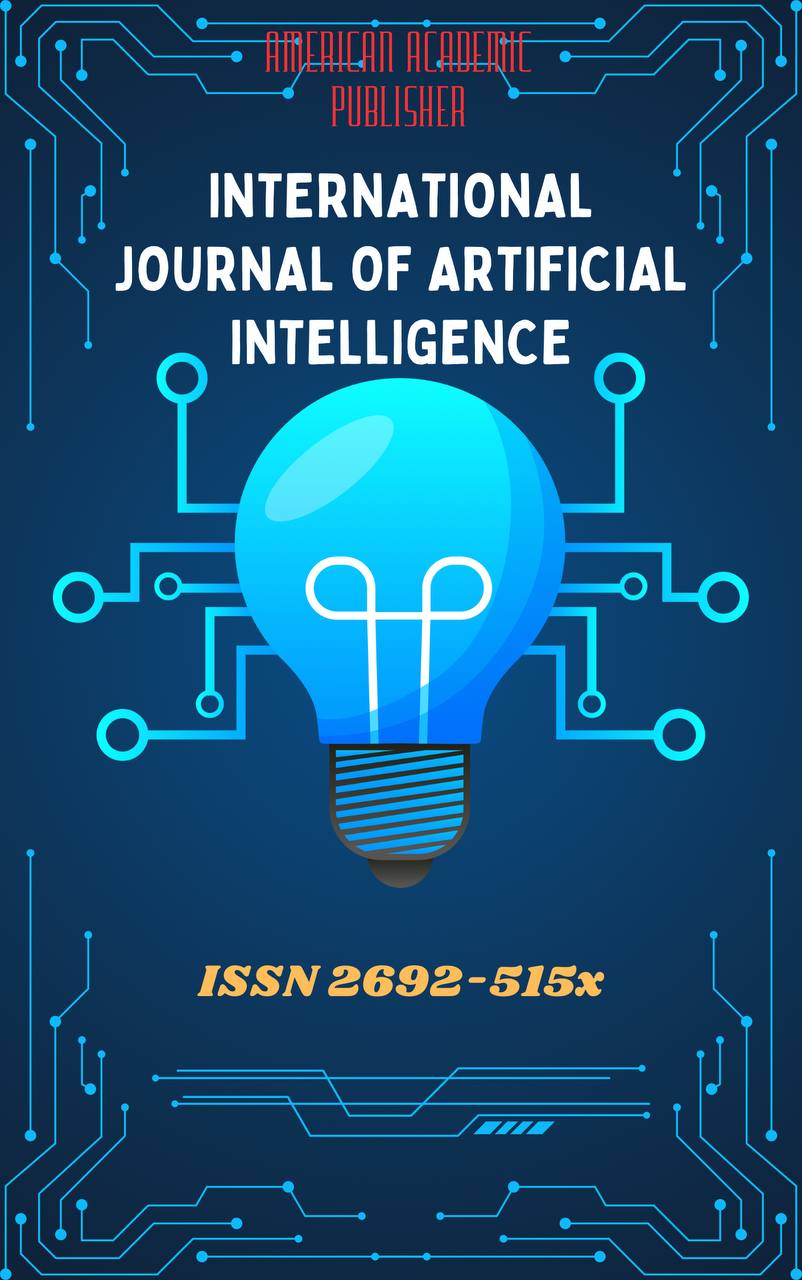 Articles
| Open Access |
Articles
| Open Access | FOREIGN EXPERIENCE OF SUSTAINABLE ECONOMIC DEVELOPMENT BASED ON RESOURCE-SAVING MANAGEMENT
Rakhmonkulova Nafisa , Asia international university teacherAbstract
This article explores international practices in promoting sustainable economic development through the implementation of resource-saving management systems. It delves into the theoretical foundations of sustainability, the practical implications of rational resource usage, and the comparative strategies employed by developed and developing nations in integrating eco-efficiency with economic growth. Emphasis is placed on policy mechanisms, technological innovations, institutional reforms, and market-based instruments that have proven effective in fostering a green economy. Through a detailed case-study-based approach, the article illustrates how countries such as Germany, Japan, Sweden, and South Korea have successfully transitioned toward sustainable development while maintaining economic competitiveness.
Keywords
sustainable development, resource efficiency, green economy, international best practices, eco-innovation, circular economy, environmental policy, energy conservation, institutional reform.
References
OECD (2021). Green Growth Indicators 2021. Organisation for Economic Co-operation and Development.
Federal Ministry for the Environment (Germany). (2020). Circular Economy Strategy for Sustainable Resource Use. Berlin.
Ministry of the Environment, Japan. (2019). Japan’s Environmental Policies and Eco-Town Projects. Tokyo.
Swedish Environmental Protection Agency. (2022). Towards a Climate-Neutral Sweden. Stockholm.
Korea Environmental Policy Bulletin. (2020). Korea’s Green Growth Model: Strategy and Outcomes. Seoul.
UNESCAP. (2018). Regional Practices in Resource Efficiency and Sustainable Infrastructure. Bangkok.
Article Statistics
Downloads
Copyright License

This work is licensed under a Creative Commons Attribution 4.0 International License.

